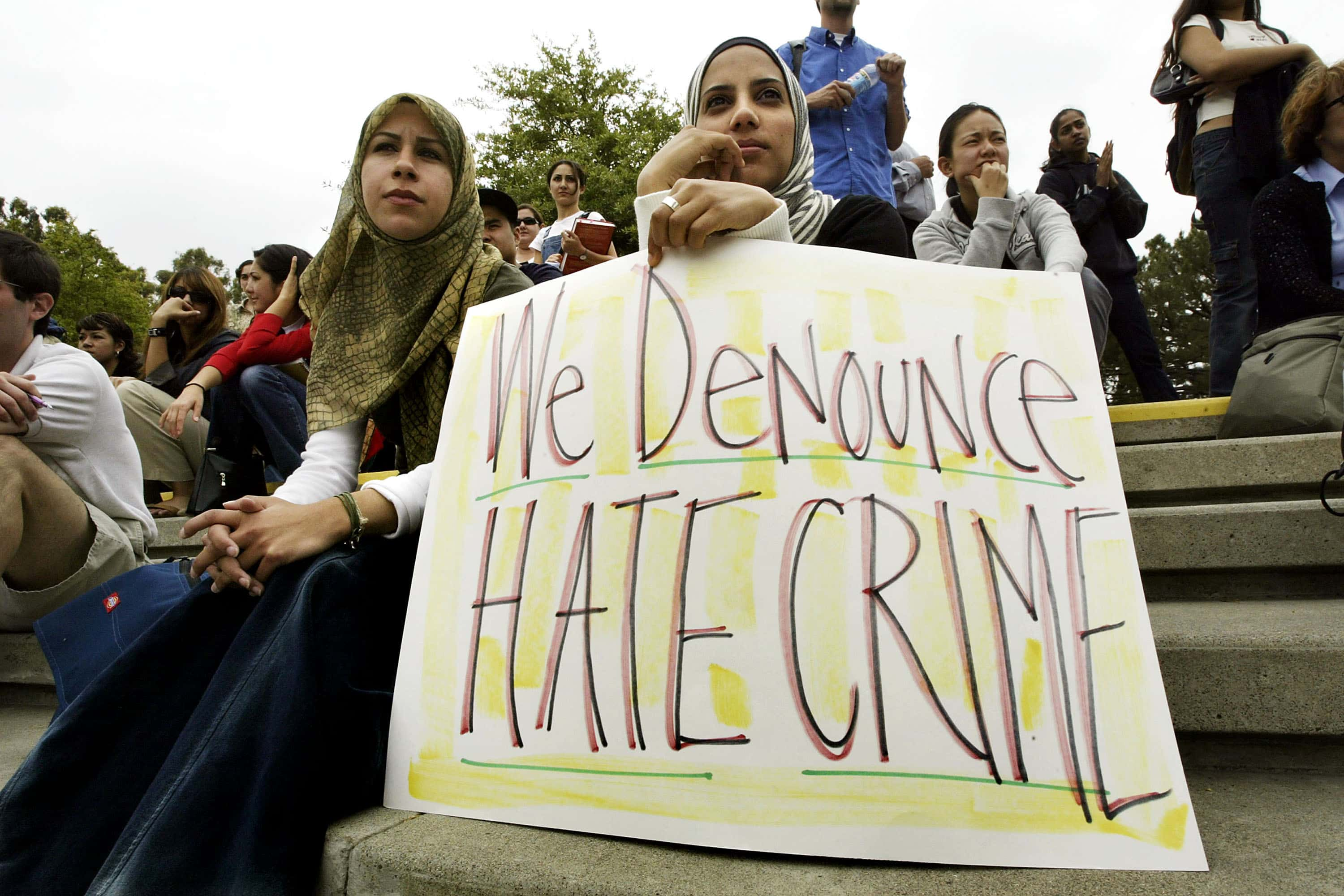This Day in History: US Supreme Court rules hate crime laws violated free speech rights in 1992

Six months after it ruled that states shall ban the expression of bias over religion, race, ancestry, etc, on this day, June 22, in 1992, the US Supreme Court reignited the debate over "hate crimes." In a unanimous decision, the court struck down the ordinance that punishes those who express religious and racial hatred, deeming that it is legally protected free speech under the First Amendment. In a case titled 'R A V vs City of St Paul', a group of white teenagers burned a cross in the front yard of an African-American family, engaging in what seemed like blatant and targeted hate-speech or to put it broadly hate-crime.
The local injunctions in St Paul, Minnesota, stated that criminalizing symbolic expressions are as good as verbal altercations and inciting rage on the basis of race (or any other grounds). Associate Justice Antonin Scalia penned down a letter addressed to Supreme Court saying that the laws were unconstitutional for they breached the First Amendment, by centering particularly on groups about whom hate-speech was restricted. "The reason why fighting words are categorically excluded from the protection of the First Amendment is not that their content communicates any particular idea, but that their content embodies a particularly intolerable (and socially unnecessary) mode of expressing whatever idea the speaker wishes to convey," he explained. First Amendment "silences speech on the basis of its content", he added.
Hate speech was considered a violation of the freedom of speech because the laws did not pertain to the mode of expression, but with the content of expression. This the Supreme Court noted that speech, in general, was tolerable as long as it did not lead to violent altercations. The government cannot hold those to account who “communicate messages of racial, gender or religious intolerance” simply because such ideas are offensive to most and deeply hurtful to some, the court said, per a 1992 Los Angeles Times report.

In a broader aspect, his opinion basically invalidated other laws that condemned expressions of bigotry and racial hatred. Back then, a majority of states and several hundred colleges had adopted these measures to make it a crime to burn crosses, brandish Nazi emblems, or the communication of bias and hatred. These also included disciplinary measures for those whose actions or words conveyed racist, sexist or religious intolerance. The "hate speech" had been a subject of many a debate among civil libertarians and advocates concerning rights for the black community, women and other minority groups. While some lauded the enforcement of such laws to protect the weaker sections of society and victims of bias, others criticized them as a new "political correctness" on controversial topics and it seemed that Scalia's opinion pointed to the latter.
All the nine justices at the hearing voted to strikes down the St Paul law, but each one's reason for doing so was different from the other. Four of them said that the city's law was unconstitutional because it did not exclusively stress on expressions that could incite violence. The five remaining members of the court took their reasoning up a notch and said that any law is deemed unconstitutional if “bias-motivated hatred” is singled out for special treatment. Hate speech in the United States is not regulated in accordance with the law because of the robust nature of the right to free speech, as declared in the American Constitution. Over the decades, The US Supreme Court has repeatedly ruled that hate speech violates free speech protected under the First Amendment, the most recent being the 'Matal v Tam' case in 2017.










